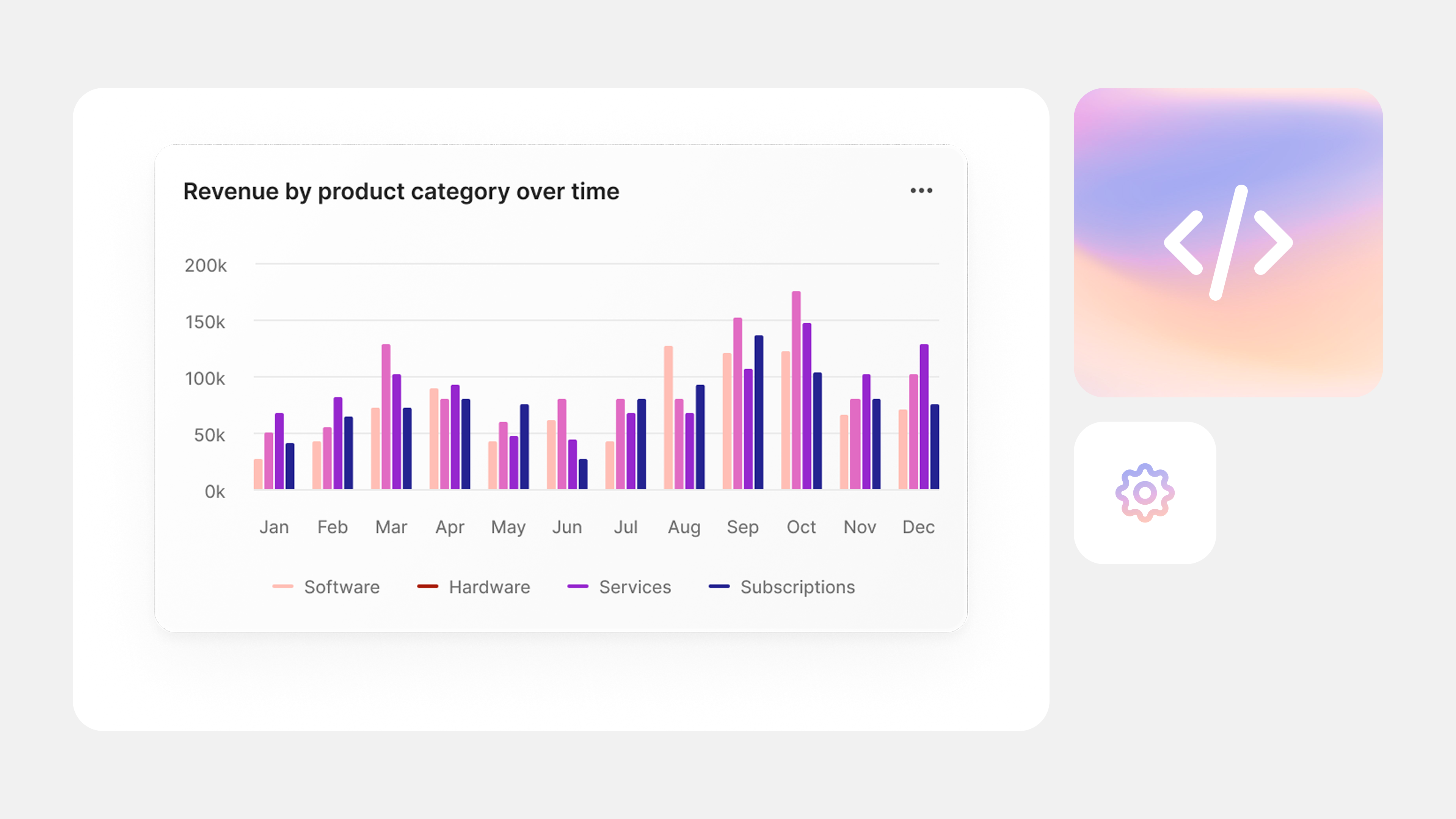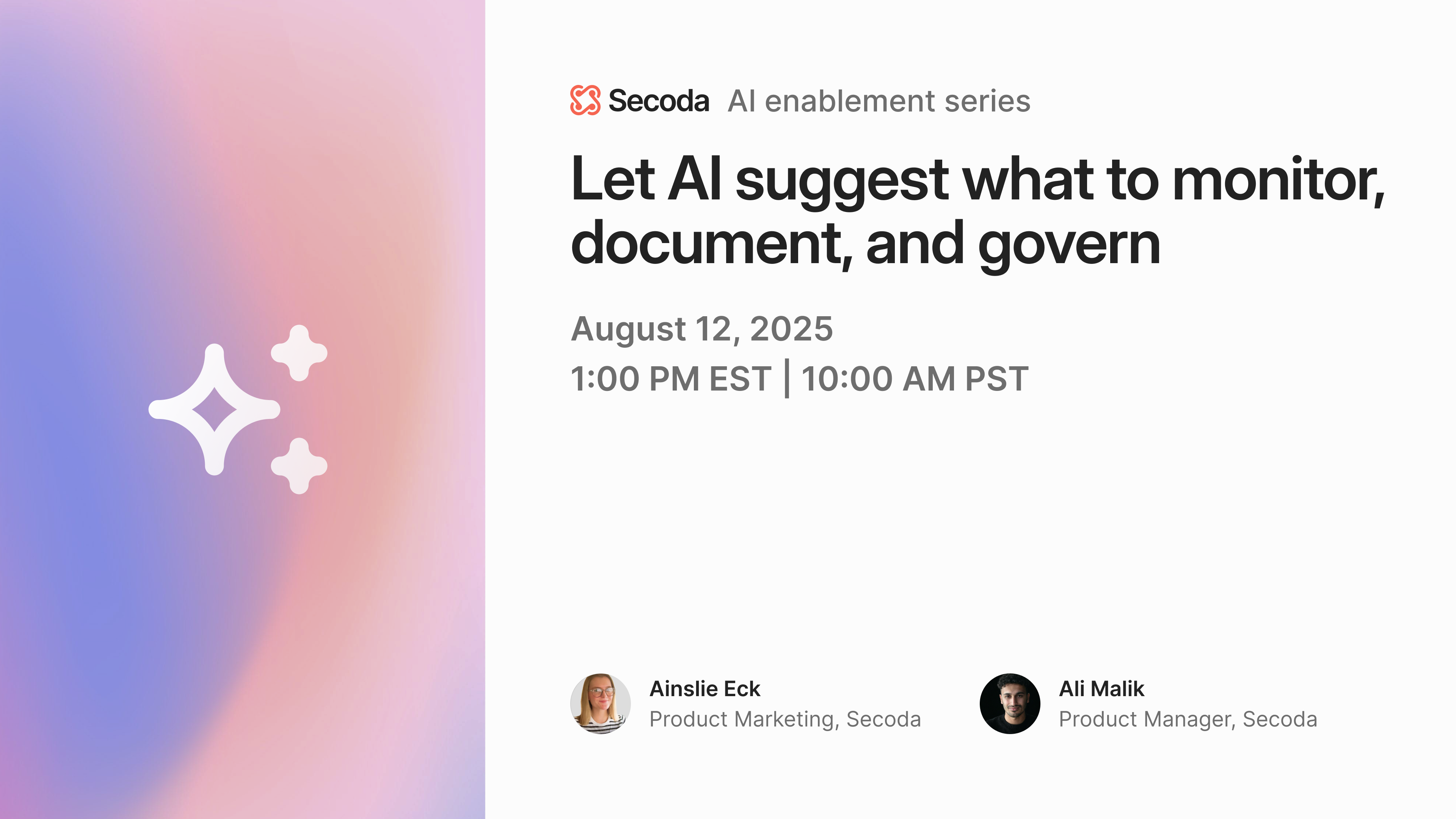How does data governance integrate with ETL processes?
Data governance in the context of ETL is a strategic framework that ensures the quality, security, and proper management of data as it is extracted from source systems, transformed for analysis, and loaded into data storage systems. This integration is crucial for maintaining data integrity and ensuring compliance throughout the data lifecycle. By establishing clear policies and procedures, data governance supports the seamless operation of ETL processes.
Effective data governance involves setting data quality standards, implementing security measures, and establishing monitoring and auditing mechanisms. These elements work together to protect sensitive information and support compliance with legal and regulatory requirements.
What are the benefits of implementing data governance in ETL?
Implementing data governance within ETL processes brings numerous benefits, including enhanced data quality, improved compliance, and greater operational efficiency. These benefits are essential for organizations to make informed decisions based on trustworthy data. Additionally, robust governance reduces the risk of data breaches and ensures regulatory compliance.
Standardized ETL processes improve efficiency and reduce the likelihood of errors. By fostering a culture of data accountability and transparency, organizations can gain a competitive advantage in the marketplace.
What challenges do organizations face in data governance for ETL?
Organizations may encounter several challenges when implementing data governance for ETL, such as aligning diverse data standards, managing complex data landscapes, and ensuring stakeholder buy-in. Overcoming these challenges is key to a successful data governance strategy. Addressing data integration complexity and stakeholder resistance is crucial for effective governance.
Investment in technology and training is necessary to support governance initiatives, while continuous monitoring and updating of governance policies help keep pace with evolving data regulations. Clear communication and understanding of governance practices across the organization are also essential.
How does data governance support compliance in ETL?
Data governance plays a pivotal role in ensuring that ETL processes comply with industry regulations and standards, thereby protecting the organization from legal and financial repercussions. It provides a structured approach to managing sensitive data and adhering to compliance mandates. By establishing data handling procedures that align with GDPR, HIPAA, and other regulatory frameworks, data governance facilitates data traceability and lineage for auditing and reporting purposes.
Implementing access controls helps manage data access and prevent unauthorized data manipulation, while risk management practices identify and address data-related risks promptly. Ensuring that data retention and archiving policies are followed during the ETL process is also a key aspect of compliance support.
Can data governance frameworks adapt to changes in ETL technology?
Yes, data governance frameworks are designed to be flexible and adaptable to accommodate advancements in ETL technology and changing data landscapes. They must evolve to integrate new tools, platforms, and methodologies effectively. Regular updates and scalability provisions ensure that governance practices remain effective even as ETL tools and processes evolve.
Encouraging a proactive approach to adopting innovative data management solutions and supporting the integration of emerging technologies such as cloud storage and big data analytics are essential for maintaining effective governance frameworks.
What are the key benefits of using Secoda for data governance?
Secoda offers a comprehensive suite of benefits for data governance, including automation, centralized data management, and enhanced data quality. These features help organizations streamline their data governance efforts, ensuring compliance with regulations and improving decision-making processes.
Secoda's AI automates routine tasks, such as data documentation, allowing teams to focus on more valuable activities. This automation not only saves time but also reduces the risk of human error. Additionally, Secoda centralizes data management, simplifying the monitoring and management of data governance efforts.
- Data quality: Secoda helps improve data quality, supporting better decision-making and reducing the risk of errors.
- Compliance: Secoda ensures compliance with regulations like GDPR and CCPA, safeguarding your organization's data.
How does Secoda enhance data privacy and security?
Secoda offers robust features for managing data privacy and security, ensuring that your organization's data is protected at all times. With SOC 2 Type 1 and 2 compliance, full data encryption, and the option to host Secoda behind your own VPN and VPC, you can trust that your data is secure.
These security measures not only protect sensitive information but also help organizations maintain compliance with industry standards and regulations. Secoda's commitment to data privacy and security ensures that your organization can confidently manage its data resources.
- Data privacy: Secoda provides features for managing data privacy, helping organizations protect sensitive information.
- Security: Secoda offers comprehensive security measures, including SOC 2 compliance and full data encryption.
Ready to take your data governance to the next level?
Try Secoda today and experience a significant boost in data governance efficiency and effectiveness. With its cutting-edge features and robust security measures, Secoda is the ideal solution for organizations looking to enhance their data management capabilities.
- Quick setup: Get started in minutes, no complicated setup required.
- Long-term benefits: See lasting improvements in your data governance processes.
For more information, contact our sales team to learn how Secoda can transform your data governance efforts.
Explore our tips on improving data governance with Secoda.















